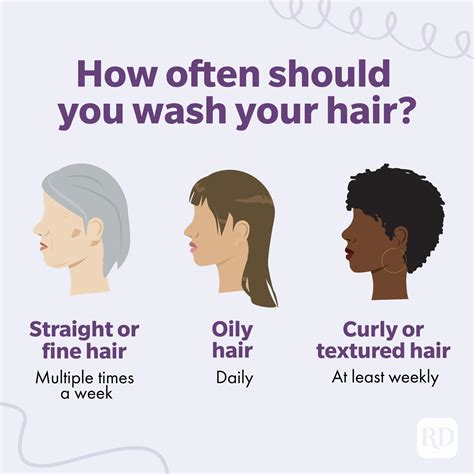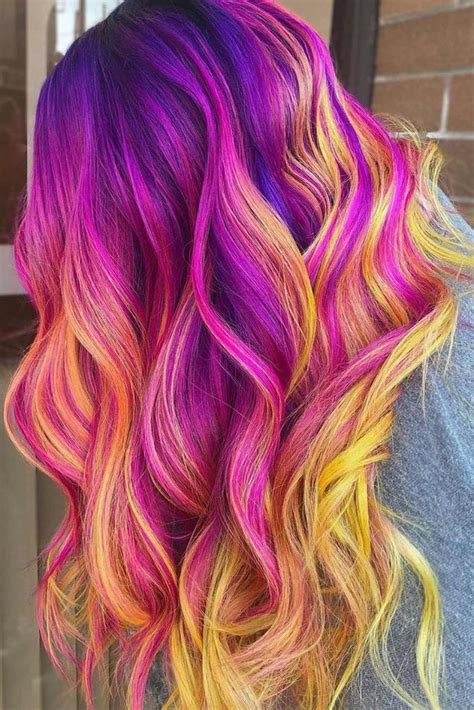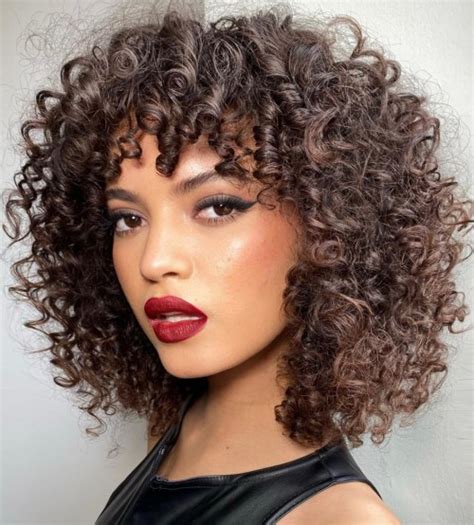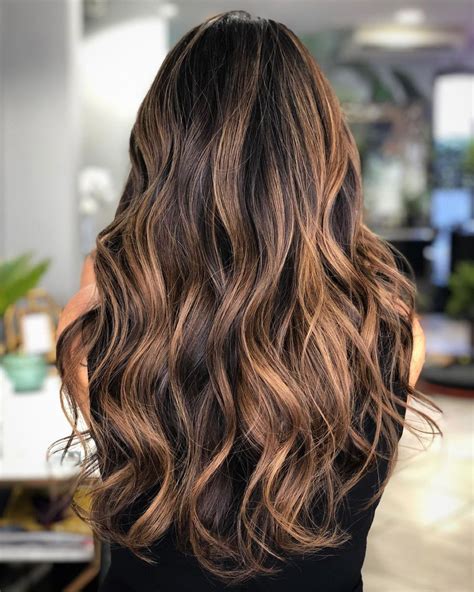Discover how natural oils affect scalp health and the impact of hair type on washing frequency. Learn the benefits of less frequent washing and maintenance tips.
Natural Oils and Scalp Health
Contents
When it comes to maintaining a healthy scalp, the role of natural oils cannot be overlooked. Our scalp naturally produces oils, known as sebum, which help to keep the skin moisturized and maintain the health of our hair. These natural oils are essential for protecting the scalp from dryness, irritation, and other scalp conditions.
However, an excess of natural oils can lead to greasy hair and scalp, while a lack of natural oils can result in dryness and scalp flakiness. This delicate balance of natural oils is crucial for maintaining a healthy scalp.
Using gentle cleansing products that do not strip the scalp of its natural oils is important for promoting scalp health. Harsh shampoos can disrupt the natural balance of oils, leading to issues such as dandruff and scalp irritation. It is also important to note that excessive washing can also strip the scalp of its natural oils, leading to a variety of scalp issues.
Some beneficial natural oils for the scalp include jojoba oil, coconut oil, and argan oil. These oils can help to nourish the scalp, regulate oil production, and promote overall scalp health. When used in moderation, these natural oils can be a great addition to a scalp care routine.
Frequency of Hair Washing
Frequency of Hair Washing
How often should I wash my short hair? This is a common question that many people have, especially those with shorter hair. The answer to this question actually depends on a few different factors, including your scalp type, hair type, and lifestyle. While some people may be able to go several days without washing their hair, others may need to wash it more frequently.
For those with short hair, it is generally recommended to wash your hair every 2-3 days. This is because shorter hair is more likely to become oily and greasy quicker than longer hair. Washing your hair every 2-3 days can help to remove excess oils and build-up from the scalp, while still allowing your natural oils to nourish your hair. It is important to find a washing frequency that works for you and your hair type.
The impact of hair type on the frequency of hair washing should also be taken into consideration. Those with fine and straight hair may find that their hair becomes oily faster, while those with curly or wavy hair may be able to go longer between washes. Understanding your hair type can help you determine how often you should be washing your hair.
It is important to note that washing your hair too frequently can actually strip your hair of its natural oils, leading to dryness and damage. On the other hand, not washing your hair frequently enough can lead to a build-up of oils and dirt, which can cause scalp issues such as dandruff and itchiness. Finding the right balance is key to maintaining a healthy scalp and hair.
In conclusion, the frequency of hair washing is a personal choice that should be based on your scalp type, hair type, and lifestyle. For those with short hair, washing every 2-3 days is generally recommended, but it is important to find a routine that works for you. By understanding your hair and scalp needs, you can maintain a healthy and balanced scalp, while keeping your hair looking its best.
Impact of Hair Type
Hair type plays a significant role in determining how often you should wash your short hair. Different hair types have different needs when it comes to washing frequency. For example, individuals with fine hair may need to wash their hair more frequently, as natural oils can make their hair appear greasy and flat more quickly. On the other hand, those with curly or coily hair may not need to wash their hair as often, as the natural oils have a harder time traveling down the hair shaft due to the curl pattern, resulting in less noticeable oiliness.
When it comes to thick or coarse hair, the frequency of washing may also differ. Coarser hair may be able to go longer between washes, as the natural oils are not as quickly absorbed into the hair shaft, making it less prone to appearing greasy. Short hair in particular may also require less frequent washing, especially if it is finer or less prone to oiliness. Understanding your hair type is essential in determining the optimal washing schedule for your short hair.
In addition to hair type, other factors such as lifestyle and hair styling habits can also impact the frequency with which you need to wash your short hair. For example, individuals who engage in regular physical activity or sweat heavily may need to wash their hair more often to maintain cleanliness and scalp health. Similarly, individuals who use a lot of hair products or regularly heat style their hair may also need to wash their hair more frequently to remove product buildup and maintain healthy, manageable hair.
Overall, understanding the impact of hair type on washing frequency is crucial for maintaining healthy, clean short hair. By taking into account your unique hair type and individual lifestyle factors, you can determine the most appropriate washing schedule to keep your hair looking and feeling its best.
Benefits of Less Frequent Washing
Benefits of Less Frequent Washing
Many people are accustomed to washing their hair every day, but there are actually several benefits to washing less frequently. Less frequent washing can help maintain the natural oils produced by the scalp, which can lead to healthier hair overall. When you wash your hair daily, you strip these oils from your scalp, which can lead to dryness, irritation, and even dandruff.
By washing your hair less often, you allow these natural oils to nourish your hair, leading to improved scalp health and softer, shinier hair. Additionally, less frequent washing can also save you time and money on hair products, as you won’t need to use as much shampoo and conditioner.
It’s important to note that the frequency of hair washing can depend on your hair type and personal preferences. People with short hair, for instance, may find that they can go longer between washes without their hair becoming greasy or dirty. By extending the time between washes, you can reduce the risk of over-drying your hair and make it easier to maintain a healthy scalp.
Overall, the benefits of less frequent washing are numerous and can lead to healthier, more manageable hair. By giving your scalp’s natural oils a chance to do their job, you can improve the overall health and appearance of your hair while also reducing the time and money spent on daily washing.
Tips for Maintaining Cleanliness
When it comes to maintaining cleanliness, there are a few key tips that can make a big difference in the health and appearance of your hair. First and foremost, regular washing is essential. Even if you have short hair, it’s important to wash it every 2-3 days to remove excess oil, dirt, and product buildup. This will help to keep your scalp and hair clean and prevent any potential issues such as dandruff or odor.
Another important tip for maintaining cleanliness is to use the right products. Choose a gentle shampoo and conditioner that are suitable for your hair type. Avoid products that contain harsh chemicals or sulfates, as these can strip the hair of its natural oils and cause dryness and damage.
In addition to regular washing and using the right products, it’s also important to keep your hair and scalp hydrated. This can be achieved by using a moisturizing conditioner and a leave-in conditioner to help prevent dryness and maintain the health of your hair. Additionally, regular trims can help to remove any split ends or damage, keeping your hair looking and feeling its best.
Lastly, maintaining a healthy diet and lifestyle can also contribute to the cleanliness of your hair. Eating a balanced diet and staying hydrated can help to promote healthy hair growth and reduce oiliness. Additionally, avoiding excessive heat styling and taking steps to protect your hair from environmental factors such as pollution and UV rays can help to maintain cleanliness and overall hair health.











